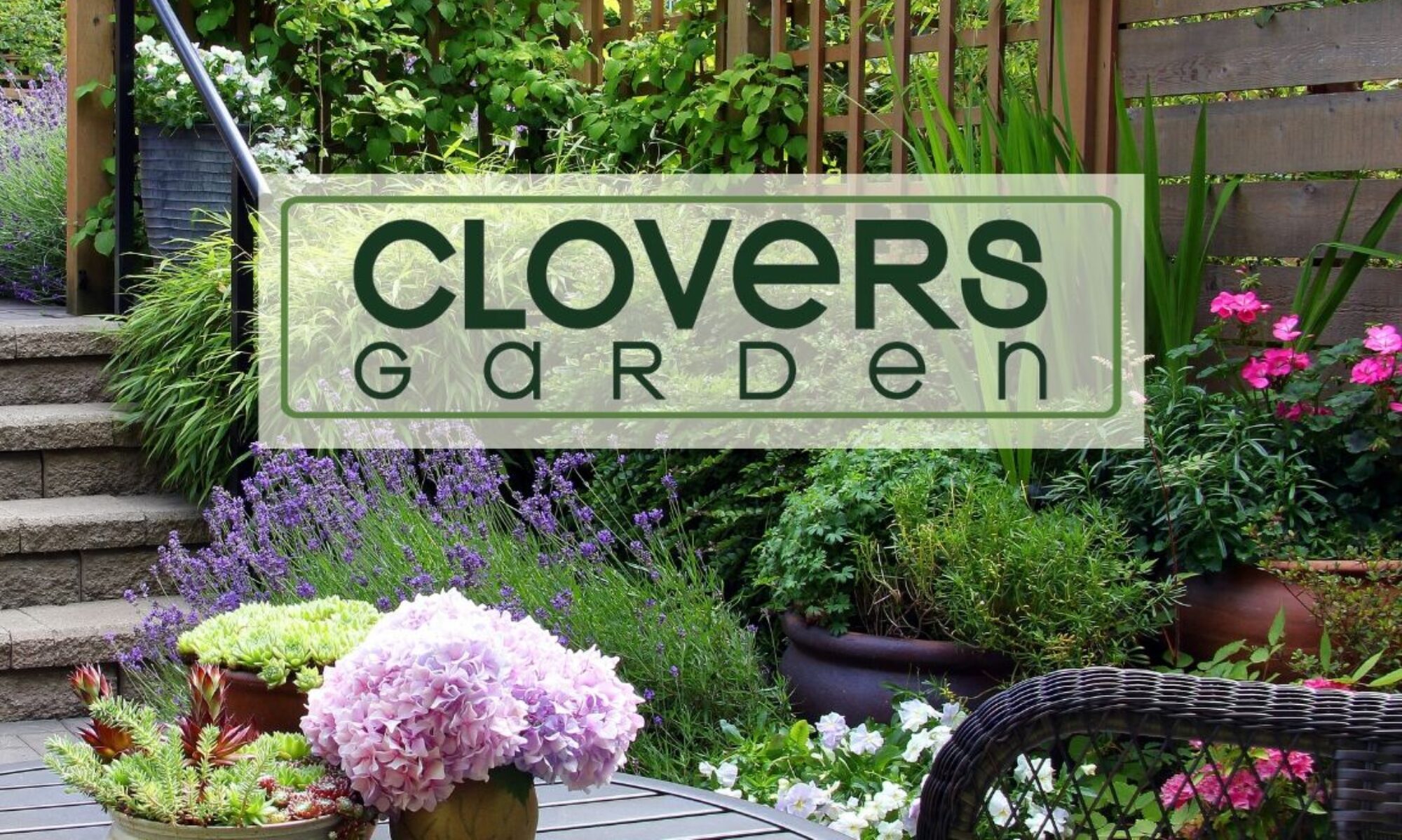Benefits of mulching around trees
Like mulching just about anywhere else, it will provide a host of benefits to your trees. One benefit is that it will decompose over time and release nutrients into the soil that will help the tree grow. Aside from providing nutrients, it will also keep the soil warm and moist which is also beneficial to a growing tree. The reason you want to keep the soil warmer, is partially so it will help the soil retain more moisture. Assuming water is not pooling up excessively around the base of the tree, it will not harm the tree to have some extra moisture in the soil.
Mulching around a growing tree creates somewhat of a microclimate in the area that you spread mulch and can make a big difference in the overall health of the tree. Another important benefit mulch will provide is that it will not allow any weeds to grow around the base of the tree. This is important for the growth of a tree, especially a young one, because roots of weeds will potentially outcompete the roots of the tree for water and nutrients causing the tree to not grow like it would without the presence of weeds.
How to mulch around trees
First spread it at least four or five inches thick, in a circle all the way around the tree. Start from the base of the trunk and go outwards at least a foot or two. After spreading the mulch out to this standard, you will want to scrape it away from the base of the tree (at least 6 inches). If it is too close it can cause the trunk to rot. This will quickly kill a young tree. Check on it once in awhile to make sure wind or rain has not caused the mulch to shift and be pushed against the trunk.
What kind of mulch to use
When considering what kind of mulch to use around the base of a tree, there are a few things to consider. One of the more important factors is whether or not you use an organic material. There are some plastic mulches out there that look like wood chips so make sure you are using real wood chips if you want the added benefits of an organic material. As previously mentioned, organic materials provide a few extra benefits that non-organic mulches do not, so I would highly recommend using a mulch such as wood chips. They will last a long time, and you will not have to constantly replenish them like you would if you chose to use grass clippings as opposed to wood chips.
